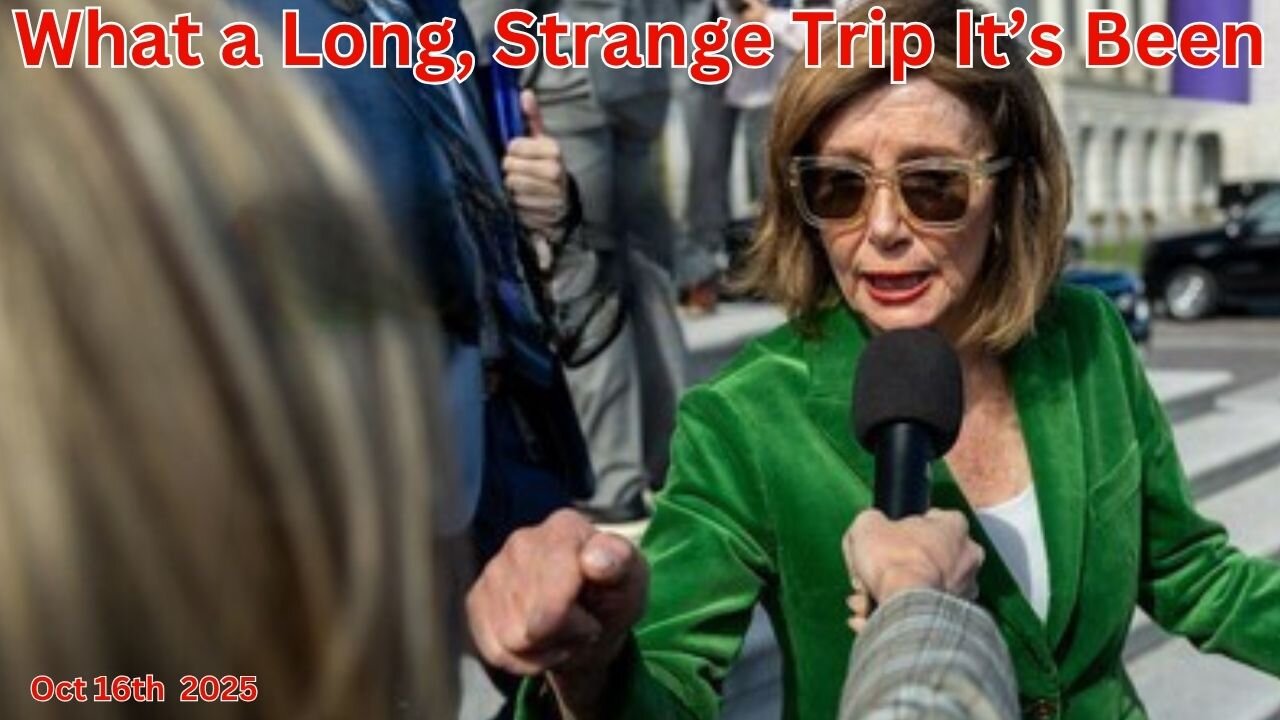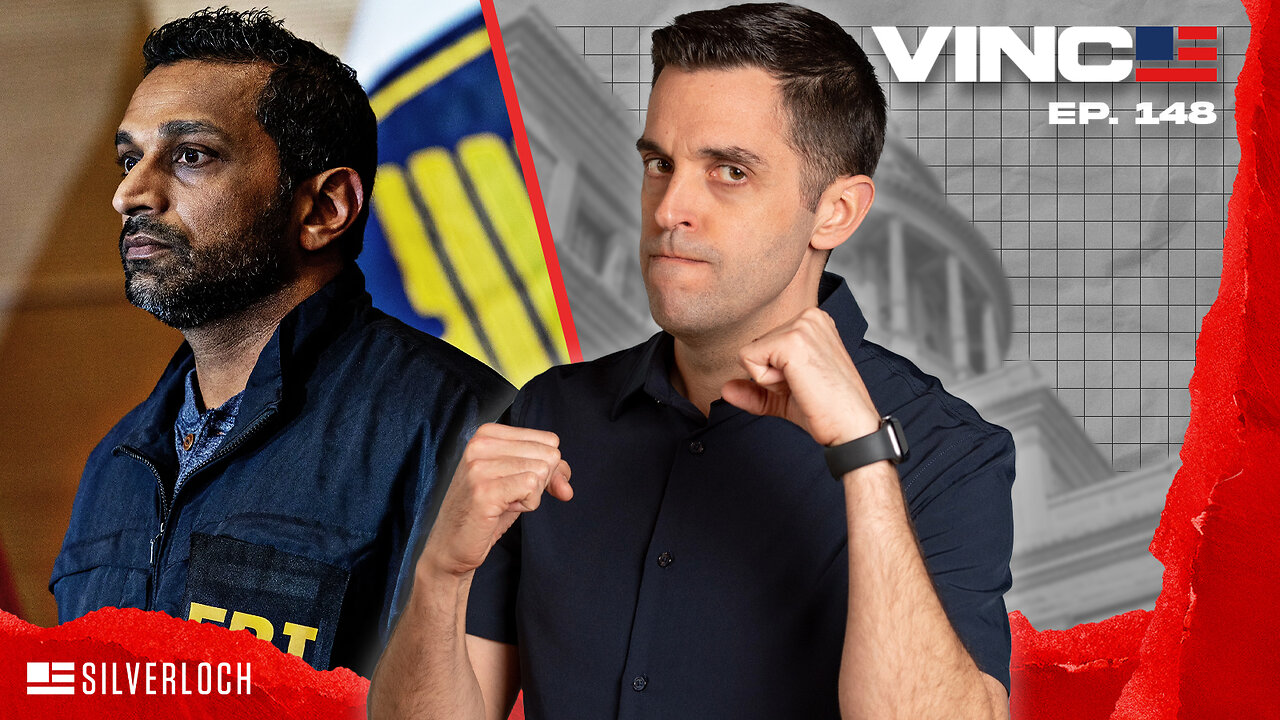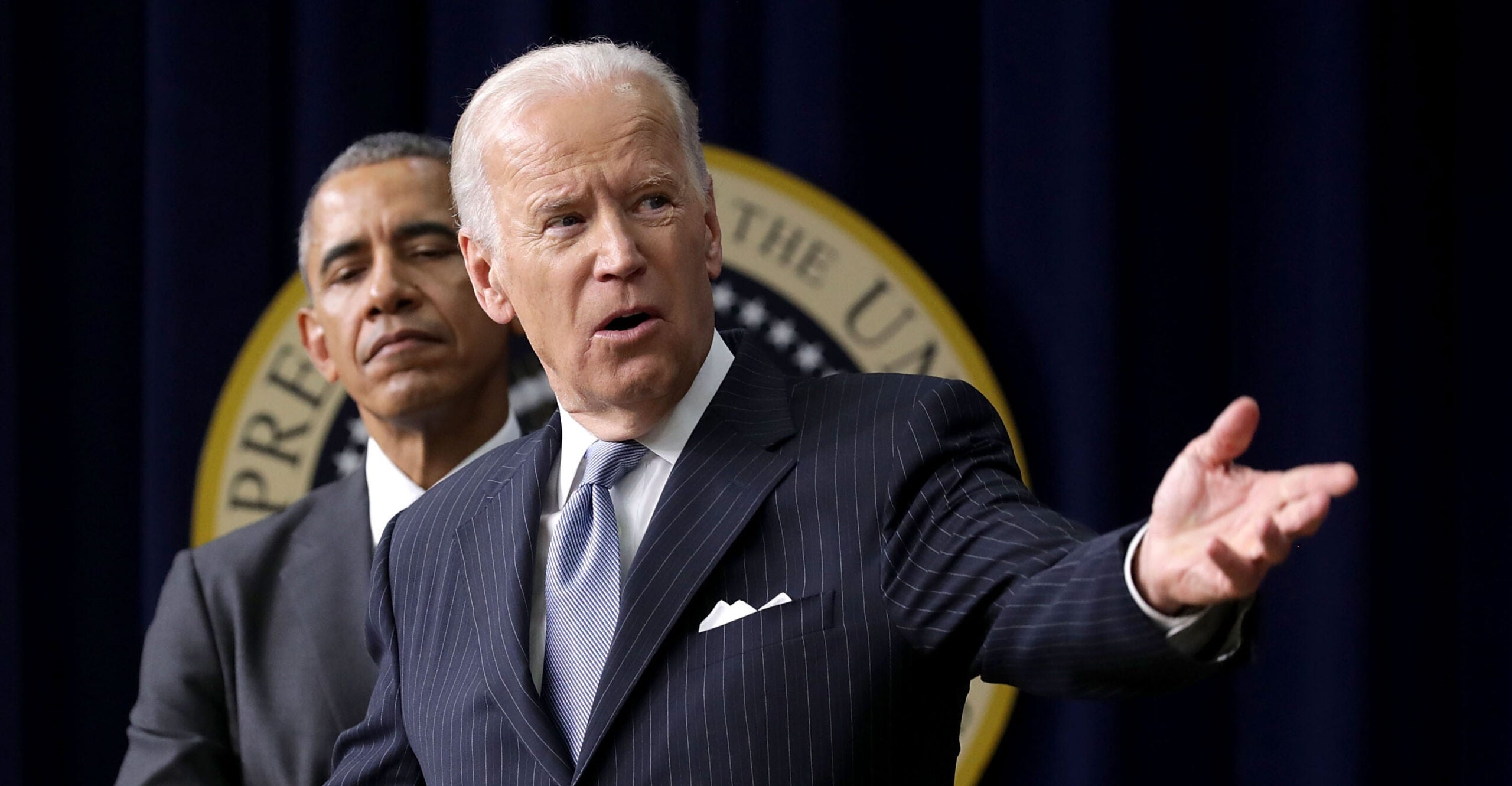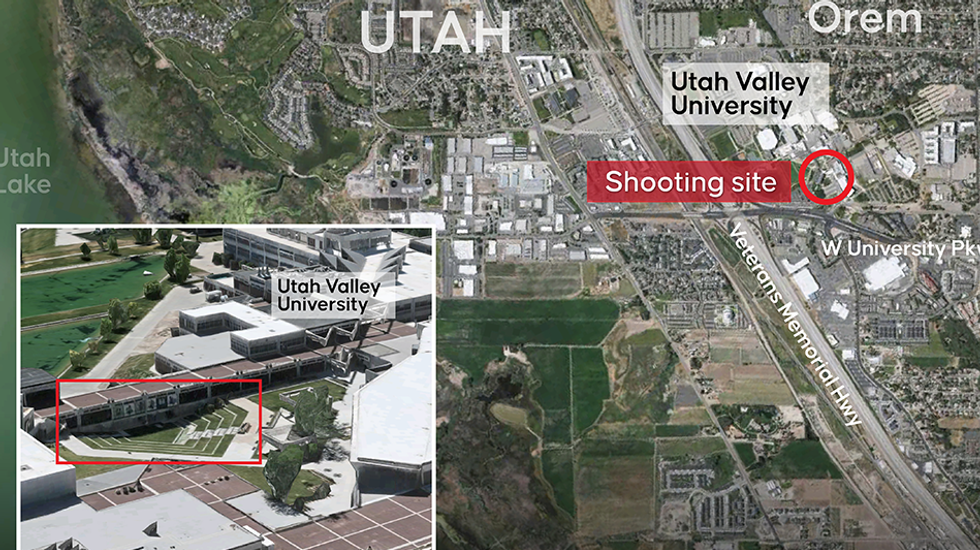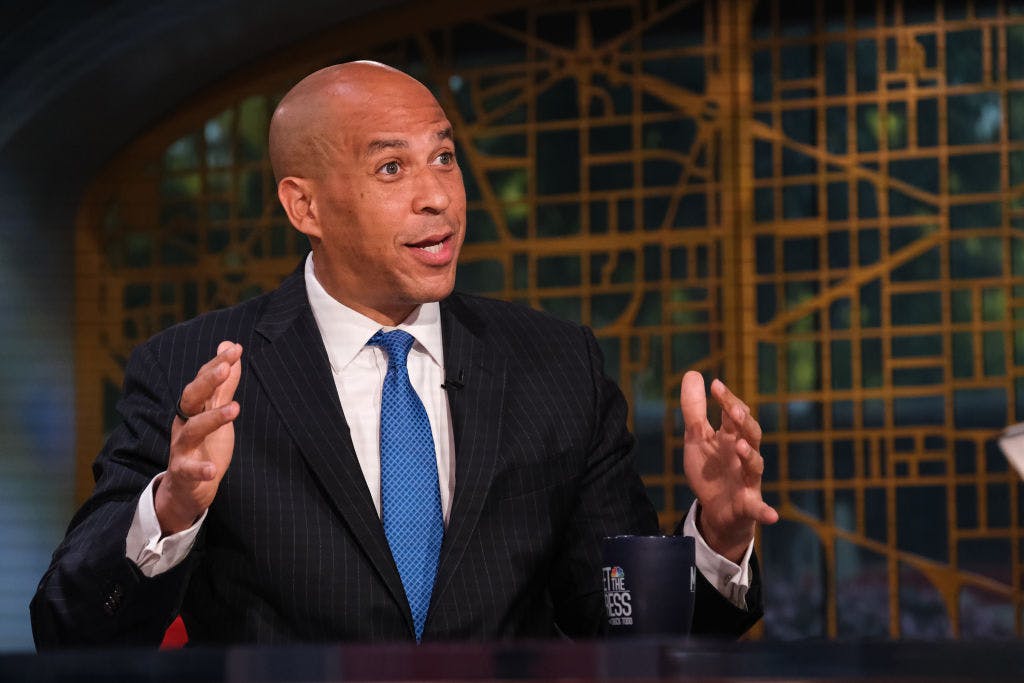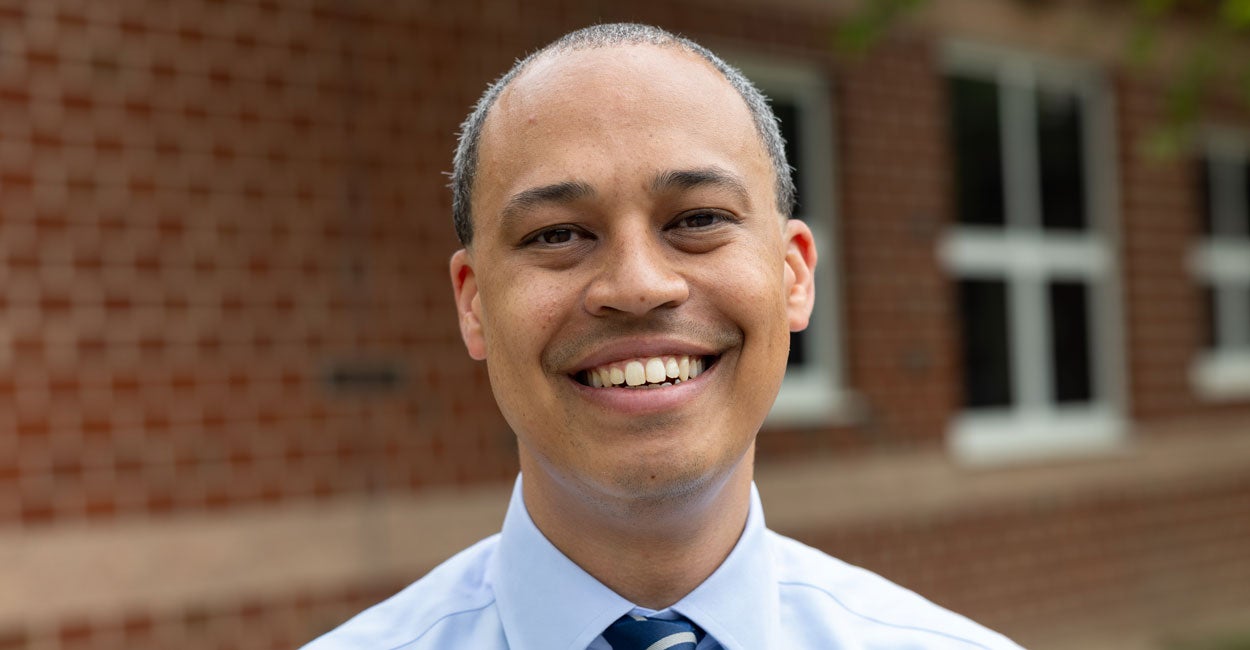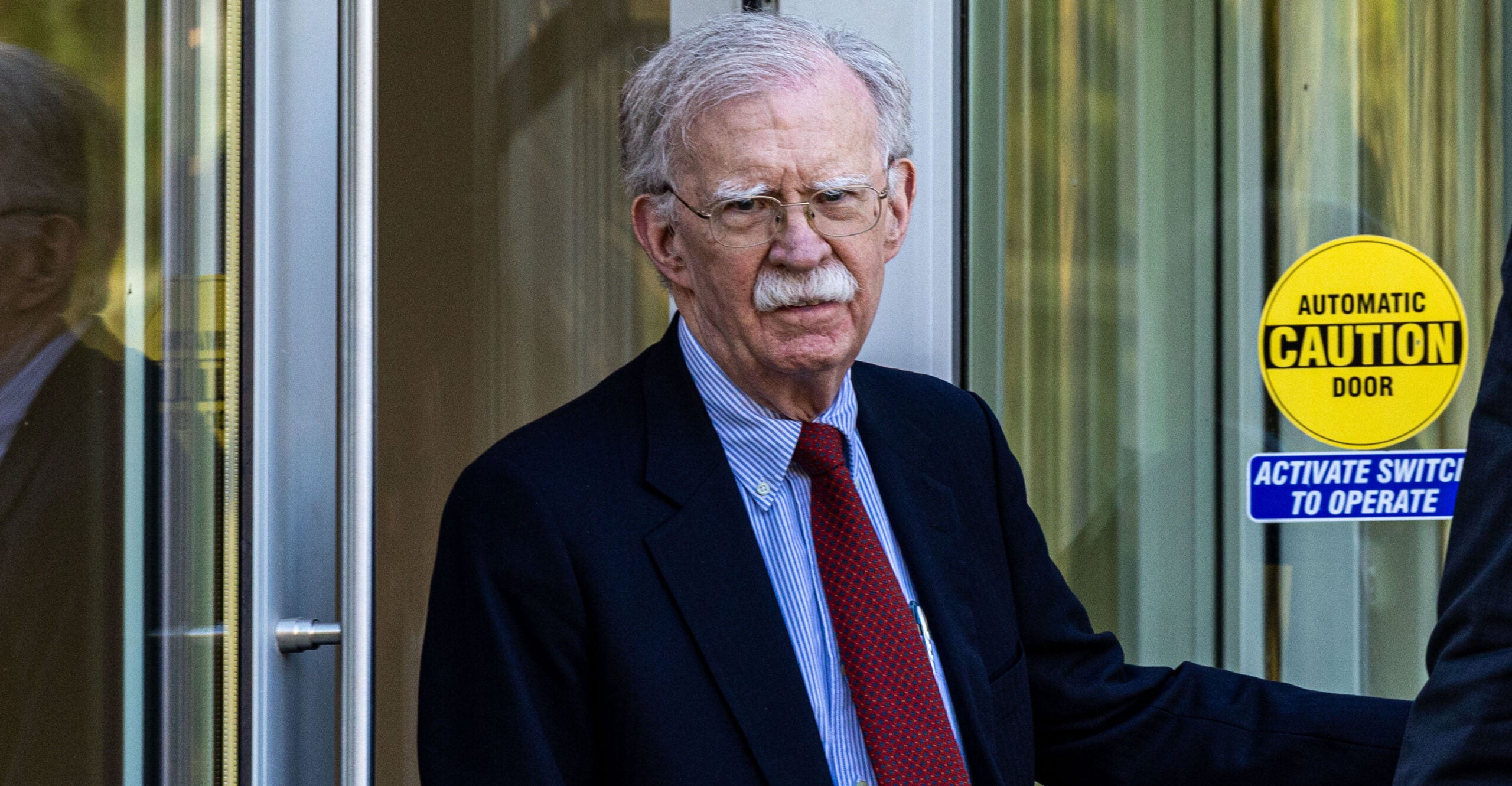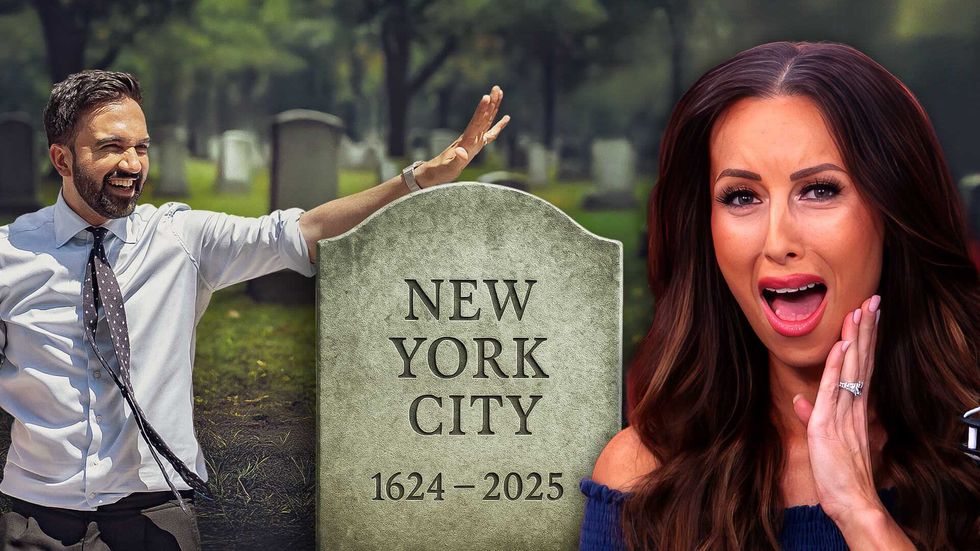How St. Joseph reveals the true meaning of work — and exposes the emptiness of socialist ideology


Many of us in the West are familiar with May Day, and most of us would say we are opposed to it.
When asked why, we might say that it promotes communism, or that the evil regime of the Soviet Union enforced its celebration. These arguments may be perfectly reasonable, but I do not believe they are sufficient.
'There could not be a better protector to help you to let the spirit of the gospel penetrate your life.'
To understand fully why Christians ought not to celebrate May Day, we should look at what the holiday is really about: the socialist understanding of work and the worker.
Challenging May Day
In response to the growth of socialist power and influence throughout the first half of the 20th century, the Catholic Church repeatedly pushed back against the ideology, especially under the leadership of Leo XIII (1878-1903), Pius XI (1922-1939), and Pius XII (1939-1958).
In 1955, as a direct challenge to May Day, Pius XII established May 1 as the feast of St. Joseph the Worker. It's through the figure of Joseph that the Church exposes the emptiness of the socialist idea of work.
“Cursed is the earth in thy work;” God tells Adam in Genesis 3. “With labor and toil shalt thou eat thereof all the days of thy life.”
Man will always need to "labor and toil." Any hope for a work-free, earthly utopia rests on the fundamental ignorance of this basic fact. To be human is to work; it is an essential and permanent aspect of any human society.
Meaningful work
The question then becomes: What is the purpose of our work? What makes it meaningful?
According to the socialists — best exemplified by the massive labor force of the Soviet Union — the purpose of work was simply the betterment of the state. The “rights of the worker" exist only to allow each individual to contribute to the good of the collective.
For Pius XI, this negation of man's true purpose was the fundamental problem of socialism. In his 1931 encyclical Quadragesimo Anno, he admits that while communism produces the the evils of unrelenting class warfare and the total abolition of private ownership, less extreme versions of socialism cannot be as broadly condemned.
'Utterly foreign to Christian truth'
This is because some of the concerns expressed by socialists are not unfounded. The central example Pius XI points to is Western capitalism's tendency to allow the market to seize “sovereignty over society."
In contending that such sovereignty belongs “not to owners, but to the public authority,” the pope emphasizes that socialism's opposition to Western capitalism is not in itself enough to dismiss it. Instead, he cuts to the real issue — that socialism's very "concept of society itself is utterly foreign to Christian truth.”
Man is placed on earth so that he might order his life “unto the praise and glory of his creator.” Man derives happiness in this life and the next from seeking to do what is pleasing to God.
Socialism, writes Pius XI, is “wholly ignoring and indifferent to this sublime end of man.” In the socialist view, human society exists “for the sake of material advantage alone.” We can clearly see how an ideology devoid of supernatural meaning cannot possibly possess a correct understanding of work and its purpose.
When Pius XII established the Feast of Saint Joseph the Worker, he showed why socialism and the socialist celebration of May Day are incompatible with the Christian understanding of work.
In speaking to workers' associations, he reminded them, “Your first concern is to preserve and increase the Christian life of the worker.” This prioritization of the divine is in direct conflict with the materialist worldview of socialism.
Capitalism's excesses
Like his predecessor, Pius XII did not dismiss the concerns of socialists without due consideration. He warned against the excesses of unchecked capitalism (which could also become an oppressive system if not properly subordinated to Christian charity) and declared that the worker must be “supported and sustained in his legitimate demands and expectations.”
In highlighting these concerns and how Christianity might best address them, Pius XII reveals the utter incapacity of socialism to respect the inherent dignity of man as well as the true dignity and purpose of the worker.
Instead of seeking solace in the empty promises of socialism, Pius XII urges Christians to order their lives and work toward God. To that end, he recommends St. Joseph as a model and patron, pointing out that “there could not be a better protector to help you to let the spirit of the gospel penetrate your life.”
A tangible example
In placing workers under the patronage of St. Joseph, the pope gives them a tangible example on which to model their labor and their lives and a visible counter to the socialist idea of work as a merely material endeavor.
Today, we may no longer be threatened by the looming behemoth of the Soviet Union, but we still contend with the rise of communist China and the rampant secularization of our own workplaces. We can still look to St. Joseph as an example of “the dignity of the worker.”
It is as important now as ever to recall that our work is, above all else, in service to God. It is from this service that we draw pleasure and meaning in our work. Do not fall for the empty platitudes and vain anthems of the socialists and their May Day. We know that true solidarity and true meaning in our work and in our lives are found in joyful service to Christ our Lord.
Originally Published at Daily Wire, Daily Signal, or The Blaze
What's Your Reaction?
 Like
0
Like
0
 Dislike
0
Dislike
0
 Love
0
Love
0
 Funny
0
Funny
0
 Angry
0
Angry
0
 Sad
0
Sad
0
 Wow
0
Wow
0































